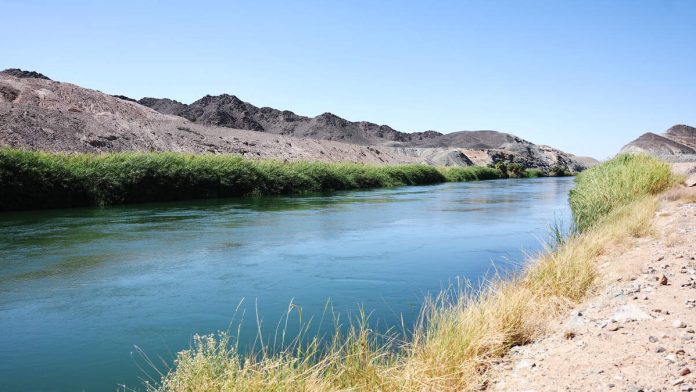Western states in the Colorado River basin are racing against a federal deadline to agree on a plan for managing the river’s water supply. The U.S. Bureau of Reclamation has set Tuesday as the deadline for California and six other states to outline an agreement, with the threat of federal intervention looming if they fail to do so. The urgency is heightened by projections of another dry year that could deplete major reservoirs like Lake Mead and Lake Powell to dangerously low levels.
The negotiations have been ongoing for two years, but the states remain at an impasse. The lower basin states—California, Arizona, and Nevada—are at odds with the upper basin states—Colorado, Wyoming, Utah, and New Mexico—over how much each should reduce their water use. California, which relies heavily on the Colorado River for both agriculture and urban water supplies, faces significant stakes in these talks.
California’s senior water rights have historically shielded it from shortages, but the current situation raises questions about the potential impact of missing the deadline. If no agreement is reached by late 2026, the river’s operating rules could revert to those from the 1970s, which would disrupt California’s ability to store water in Lake Mead for dry periods.
According to CalMatters, the Imperial Irrigation District is the largest user of Colorado River water in California, and any cutbacks could lead to legal battles similar to those in the early 2000s. The Metropolitan Water District, which supplies water to 19 million people in Southern California, has expressed concerns about the potential loss of its stored water if the rules change.
Despite the looming deadline, Colorado Politics reports that the states have yet to reach a consensus. The federal government has indicated it may step in, but specifics on what actions it might take remain unclear.

Recent Comments